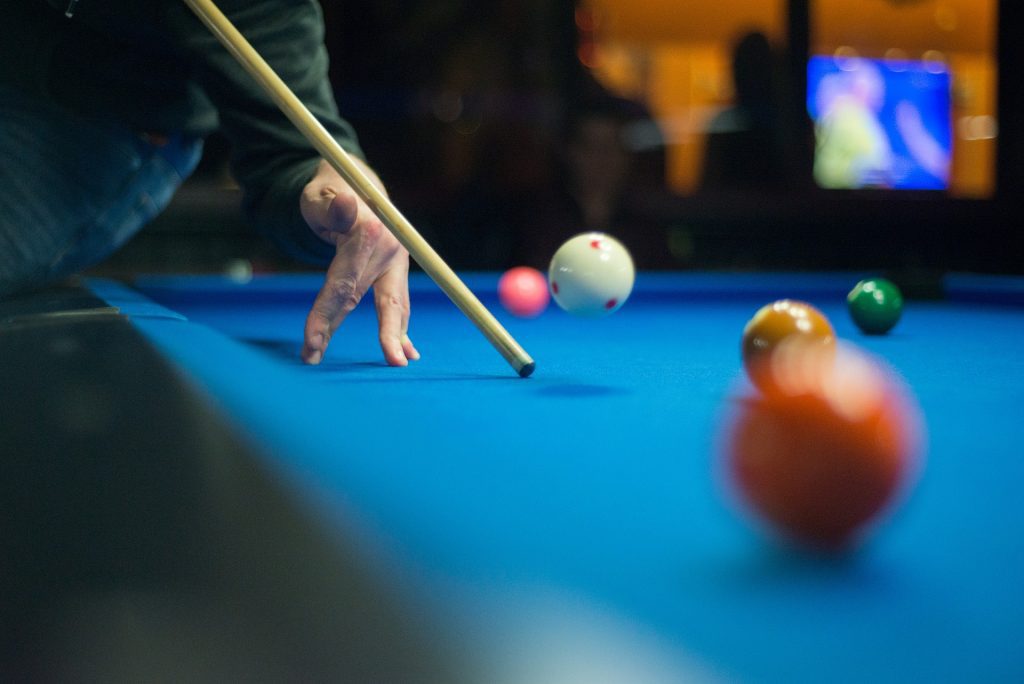
Chalk vs. Glove: Mastering Your Grip in the Game of Pool
Alright guys let’s talk about it, billiard gloves vs chalk. We’ve all thought about it, especially when your playing in one of those humid bars or pool halls and your hitting the hand chalk like crazy. From the meticulously crafted cues to the intricate dance of racking the balls, every element plays a crucial role in achieving that satisfying “clink” as your shot finds its mark. Yet, amidst the technicalities and strategic planning, one fundamental aspect often goes overlooked: a smooth grip.
The grip you maintain on your cue directly influences your stroke’s power, accuracy, and overall consistency. Here, two primary contenders for achieving the perfect grip emerge – the time-tested chalk and the sophisticated billiard glove. This in-depth exploration delves into the world of chalk and glove grip, meticulously dissecting their advantages, disadvantages, impact on smoothness, and interaction with your trusty pool cue.
Chalk: A Legacy of Textured Control
Chalk has been the mainstay of pool grip for generations. Its ubiquity is undeniable, readily available in any pool hall or readily purchased at affordable prices. This humble blue cube works its magic by creating a textured surface between your hand and the cue. This texture provides a crucial element – friction.
Advantages of Chalk:
- Enhanced Control: The friction created by chalk allows for better control over the cue during your stroke. This is particularly beneficial for beginners learning to manage stroke power and ensure consistent follow-through.
- Improved Accuracy: By preventing your hand from slipping on the cue, chalk fosters a more precise grip, minimizing unwanted deviations during your shot. This translates to a higher success rate in pocketing balls at desired locations.
- Tactile Feedback: Some players appreciate the slight roughness of chalk, as it provides a form of tactile feedback. This feedback allows them to feel the subtle movements of the cue in their hand, potentially aiding in shot execution.
- Accessibility: Chalk is readily available at any pool hall or sporting goods store, making it the most accessible option for casual and competitive players alike.
Disadvantages of Chalk:
- Mess Factor: One of the biggest drawbacks of chalk is its messiness. Frequent application can leave a trail of blue dust on your hands, the pool table, and even the cue itself. This can be disruptive to the game’s flow and aesthetically unpleasing.
- Disruption in Pace: Constantly reaching for chalk to reapply can disrupt the rhythm and flow of the game, especially during intense matches. This can be frustrating for both you and your opponent.
- Cue Tip Wear: Over time, the abrasive nature of chalk can contribute to the wear and tear of the leather ferrule at the tip of your cue. While proper maintenance can mitigate this, it’s a factor to consider.
Billiard Glove: A Touch of Sophistication and Smoothness
The billiard glove presents itself as a more elegant alternative to the traditional chalk approach. Donning a glove offers a fundamentally different experience, prioritizing a smooth and consistent feel over textured control.
Advantages of a Billiard Glove:
- Unparalleled Smoothness: Perhaps the most significant advantage of a glove is the enhanced smoothness it provides. The glove material eliminates the tactile roughness of chalk, creating a more fluid and comfortable grip on the cue.
- Reduced Mess: Billiard gloves eliminate the need for constant chalking, keeping the playing surface clean and aesthetically pleasing. This can be particularly advantageous in high-stakes tournaments or professional settings.
- Comfort for Long Games: For players who participate in long games or practice sessions, a glove can significantly increase comfort by minimizing friction and preventing sweaty hands from slipping on the cue.
- Improved Hygiene: Gloves act as a barrier between your skin and the cue, potentially reducing the transfer of sweat and oils onto the cue surface. This can be beneficial for maintaining the cue’s condition and preventing warping.
Disadvantages of a Billiard Glove:
- Cost: Compared to the affordability of chalk, billiard gloves can be a more significant investment. The cost can vary depending on the material and brand, but generally, they require a larger upfront purchase.
- Potential Loss of Feel: Some players find that gloves can create a slight disconnect between their hand and the cue, hindering their ability to feel the subtle nuances of the stroke. This might translate to reduced shot precision for some players.
- Fit Matters: For optimal performance, a billiard glove needs to fit snugly but not constrictingly. An ill-fitting glove can bunch up, causing discomfort, or slip during a shot, leading to mishits.
Break cues: https://billiardsguru.com/what-cues-can-you-break-with/
Learn about leagues and competition: https://poolplayers.com/
Smoothness Showdown: Chalk vs. Glove
When it comes to pure smoothness, the billiard glove reigns supreme. The elimination of friction between your hand and the cue allows for a more fluid and uninterrupted delivery of power during your stroke. Rack’em up and have fun!
Discover more from Billiards and Pool
Subscribe to get the latest posts sent to your email.